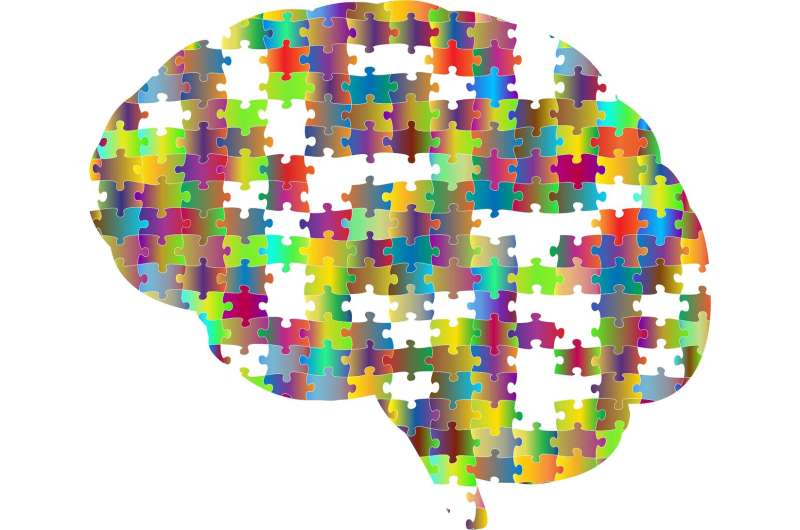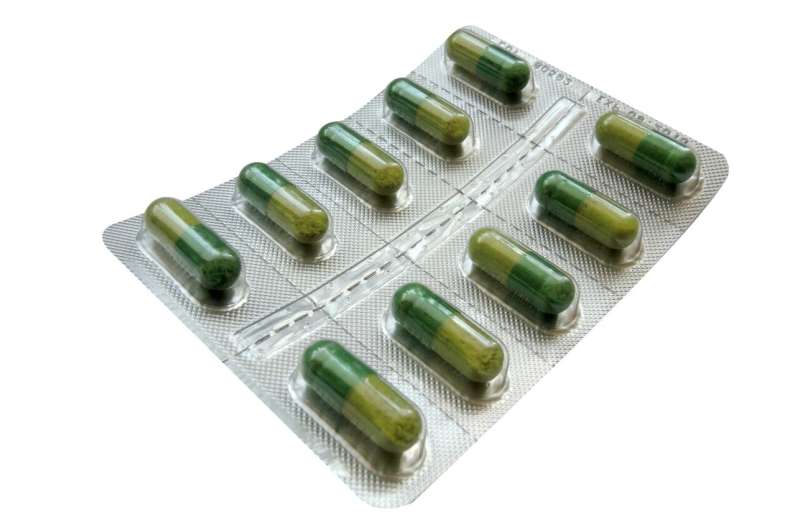Rapamycin Enhances DNA Damage Resistance in Aging Human Immune Cells

Low-dose rapamycin enhances DNA repair and protects immune cells from aging-related damage, supporting healthy aging and immune resilience.
Recent research led by the University of Oxford reveals that low-dose rapamycin acts as a protective agent for the genome in aging human immune cells, significantly reducing DNA damage. This discovery highlights rapamycin's potential role in promoting healthy aging and immune function.
The mechanistic target of rapamycin (mTOR) pathway is a crucial regulator of cell growth, metabolism, and survival, responding to environmental cues like nutrients and stress. As the immune system ages, it accumulates DNA damage which contributes to immunosenescence, the decline in immune function associated with aging. Rapamycin, originally developed to prevent organ rejection by suppressing the immune system, is known to inhibit the mTOR pathway. Interestingly, at doses that do not suppress immune activity, it can mitigate cellular aging processes.
In the study "Rapamycin exerts its geroprotective effects in the aging human immune system by enhancing resilience against DNA damage," researchers combined laboratory experiments, immune cell profiling, and a clinical trial involving older adults. The trial involved nine men aged 65–75, who received 1 mg/day of rapamycin or a placebo for four months. Blood samples were collected at multiple points to analyze immune cells.
The experiments demonstrated that cells exposed to rapamycin showed decreased markers of DNA damage, such as γH2AX, and lowered levels of stress proteins like p53 and p21. These proteins are associated with DNA repair and senescence. Notably, rapamycin also increased autophagy, the cell’s recycling process that helps clear damaged components, thus further protecting the DNA. Cells treated with rapamycin exhibited fewer DNA breaks and higher survival rates after genotoxic stress.
Furthermore, four months of rapamycin treatment led to a decrease in markers of cellular senescence and immune exhaustion, such as KLRG1, NKG2A, and LAG3, while p53 levels increased. The expression of inhibitory markers like PD-1 remained unchanged.
These findings suggest that rapamycin directly fortifies genome integrity in human immune cells, potentially supporting healthy aging, improving recovery from radiation exposure, and protecting against cosmic radiation risks during space travel. The research underscores rapamycin's promise as a geroprotective agent, fostering resilience against age-related genetic deterioration.
Source: https://medicalxpress.com/news/2025-09-rapamycin-linked-dna-resilience-aging.html
Stay Updated with Mia's Feed
Get the latest health & wellness insights delivered straight to your inbox.
Related Articles
Reevaluating the Brain Regions Behind Human Consciousness
Emerging research suggests that the brain's ancient regions, like the subcortex and cerebellum, may play a more vital role in human consciousness than the traditional cortex-focused theories indicate, prompting a rethink in neuroscience.
PET Imaging Reveals Brain Inflammation Linked to Speech Disorders and Parkinson-like Symptoms
New PET imaging research uncovers brain inflammation patterns associated with speech impairments and Parkinson-like symptoms in neurodegenerative disorder PAOS, offering insights for early diagnosis and targeted treatments.
Elevated DHEA-S Levels May Shorten Lifespan in Men, No Impact Observed in Women
New genetic research links higher DHEA-S hormone levels to shorter lifespan in men, highlighting gender-specific health effects and raising questions about supplement regulation.
Innovative Precision Oncology Platform Enhances Prediction of Chemotherapy Success in Esophageal Cancer
A novel precision oncology platform leveraging Organ Chip technology can accurately predict chemotherapy responses in esophageal adenocarcinoma, enabling personalized treatment for better patient outcomes.



